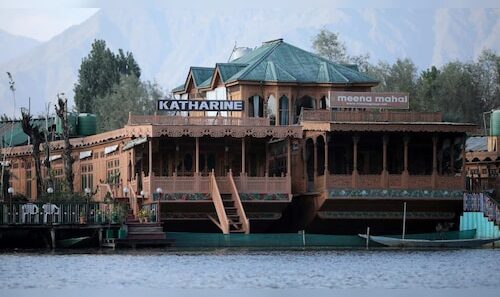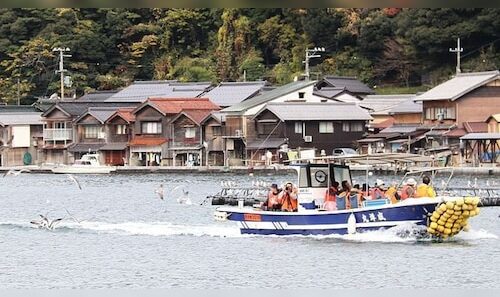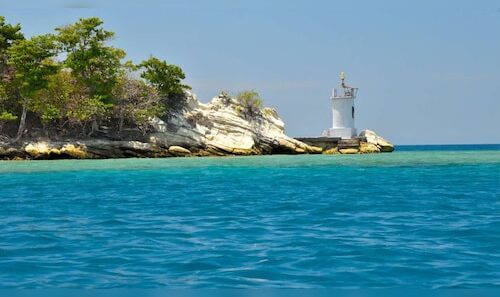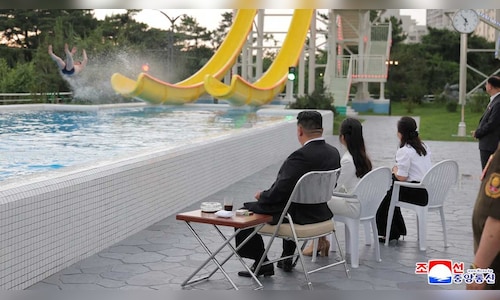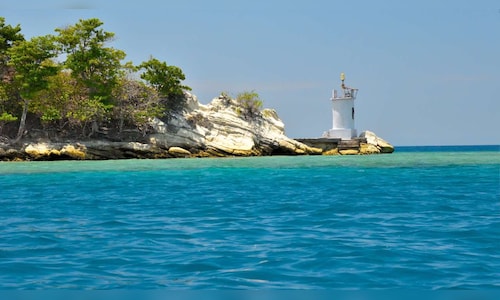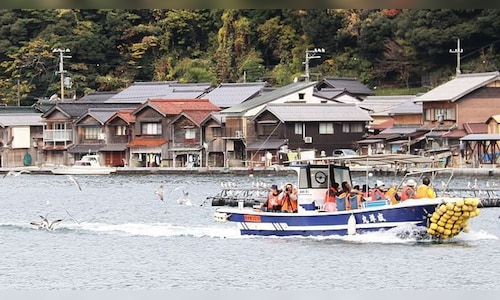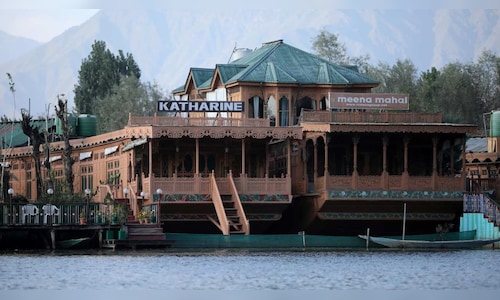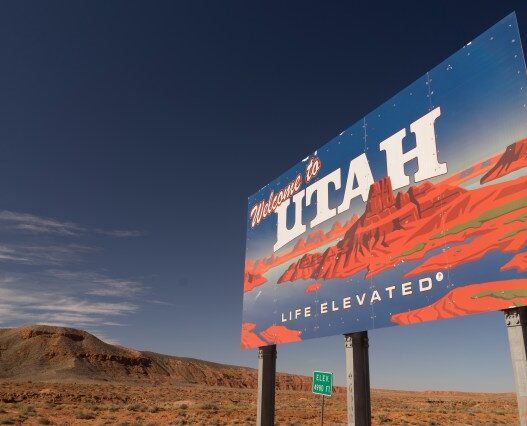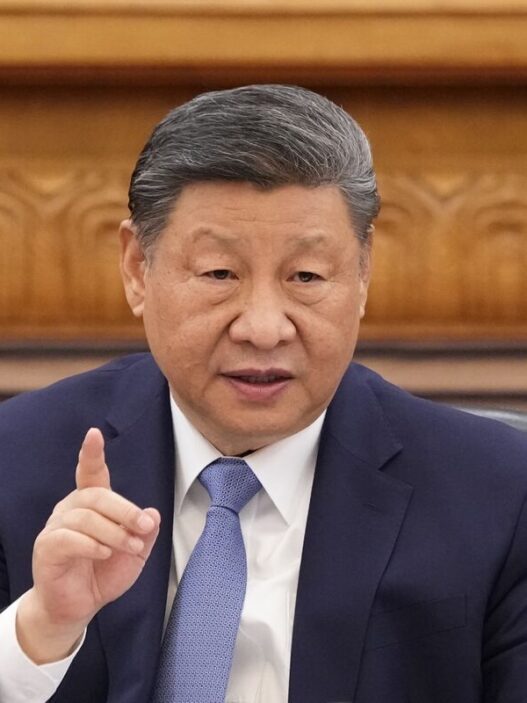The debut of the Wonsan-Kalma zone could indicate North Korea’s aim to progressively reconnect with the international tourism sector, though any significant reopening will likely hinge on diplomatic and health-related factors in the forthcoming months. (Image: Reuters)
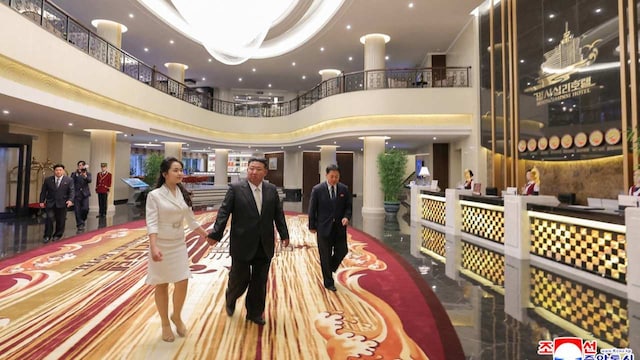
 1 / 8
1 / 8On July 1, North Korea plans to launch a significant coastal tourist destination, with state media describing it as the start of a new era for the nation’s tourism sector. The Wonsan-Kalma coastal tourist zone, situated along the east coast, can accommodate up to 20,000 guests. (Image: Reuters)
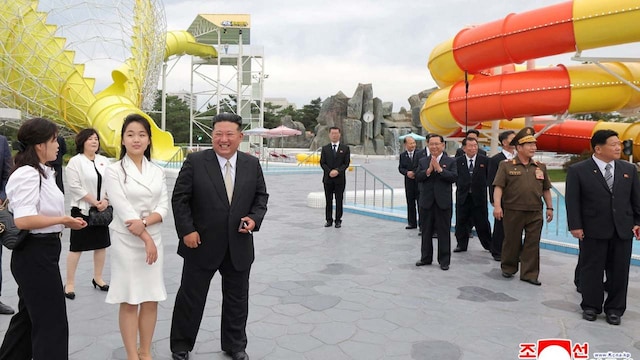
 2 / 8
2 / 8As per the state-operated Korean Central News Agency (KCNA), the resort features swimming by the sea, sports facilities, recreational activities, and a selection of dining options including restaurants and cafeterias. (Image: Reuters)
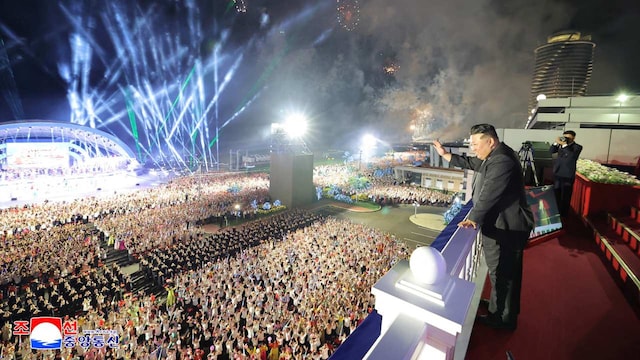
 3 / 8
3 / 8Nevertheless, Pyongyang has not yet provided clarity on when it will fully reopen its borders to international visitors, who have been barred since the beginning of the COVID-19 outbreak. (Image: Reuters)
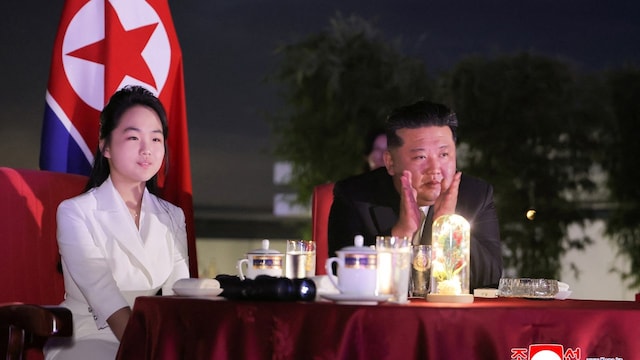
 4 / 8
4 / 8On June 25, Kim Jong Un took part in a ceremony to inaugurate the site, officially opening it by cutting a ceremonial ribbon. KCNA reported Kim’s remarks, stating that the project’s completion would be remembered as "one of the greatest achievements of this year." He referred to the new resort as "the proud first step" toward realizing the government’s vision to strengthen its tourism sector. (Image: Reuters)
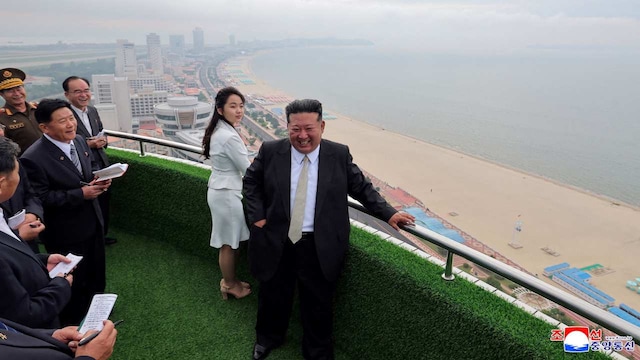
 5 / 8
5 / 8The Wonsan-Kalma zone is poised to begin operations for local tourists on Tuesday. However, a timeline for welcoming international visitors has not been disclosed. (Image: Reuters)
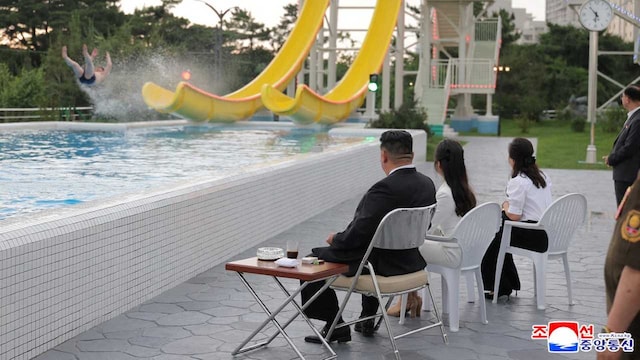
 6 / 8
6 / 8Kim has consistently promoted tourism as a possible engine for economic recovery, with the Wonsan-Kalma project being one of his key development initiatives. KCNA indicated that other large-scale tourist ventures are being evaluated in different regions of the country. (Image: Reuters)
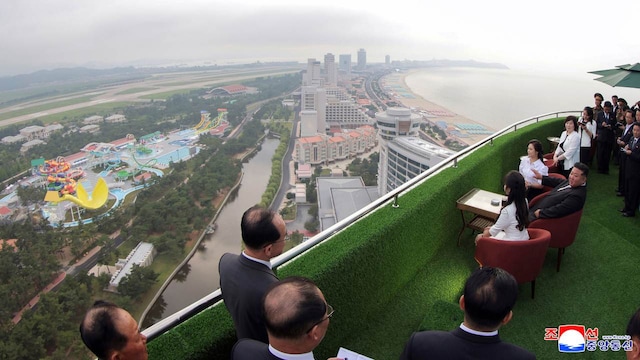
 7 / 8
7 / 8Despite these initiatives, North Korea’s borders largely remain closed to most foreign travelers. Restrictions, including a prohibition on international tourists, were enacted at the pandemic’s onset and have not yet been entirely lifted. (Image: Reuters)
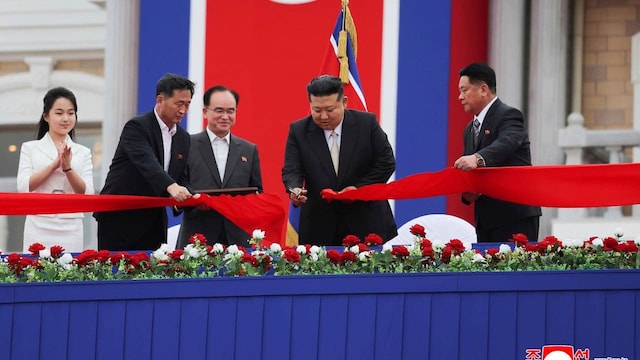
 8 / 8
8 / 8Beginning in February 2024, a small number of Russian tourists have been allowed entry, coinciding with the strengthening of political and military relations between Pyongyang and Moscow. However, tours from China—which represented more than 90 percent of the nation’s tourism prior to the pandemic—have yet to be resumed. (Image: Reuters)

